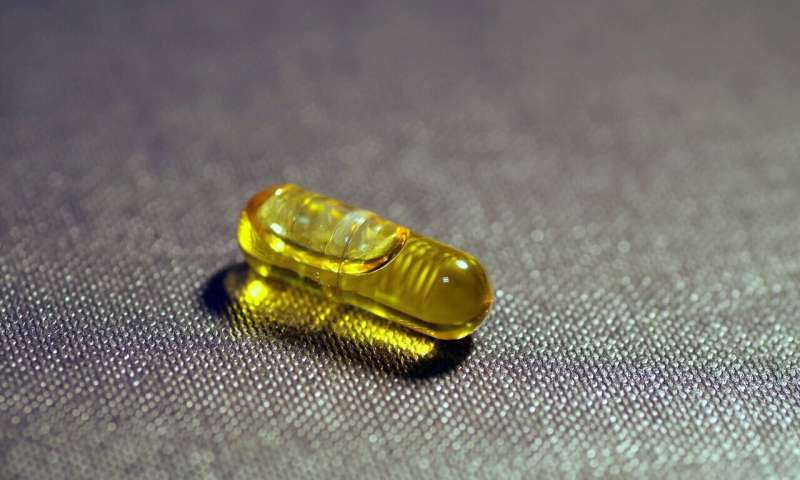维生素D可能不能预防COVID-19易感性或疾病严重程度

观察性研究表明,增加维生素D水平可能有助于预防COVID-19。然而,这些研究是不确定的,并可能受到混淆。一项发表于Plos医学加拿大魁北克省麦吉尔大学的Guillaume Butler-Laporte和Tomoko Nakanishi及其同事提出,基因证据不支持维生素D作为预防COVID-19的保护性措施。
的能力维生素公共卫生专家对预防COVID-19严重疾病非常感兴趣,但支持证据有限。为了评估维生素D水平与COVID-19易感性和严重程度之间的关系,研究人员利用与维生素D水平升高密切相关的遗传变异开展了一项孟德尔随机研究。作者分析了来自11个国家的4134名COVID-19患者和1,284,876名非COVID-19患者的遗传变异,以确定高维生素D水平的遗传易感因素是否与COVID-19患者病情较轻的结果有关。
结果显示,没有证据表明基因预测的维生素D水平与COVID-19易感性、住院或严重疾病之间存在关联,这表明通过补充循环维生素D水平可能不会改善普通人群的COVID-19预后。然而,该研究有几个重要的局限性,包括该研究没有包括维生素D缺乏症患者,而且真正缺乏维生素D的患者仍有可能从COVID-19相关保护和结果的补充中受益。此外,这些基因变异仅来自欧洲血统的个体,因此需要进一步研究来确定其与其他人群中COVID-19预后的关系。
根据作者的说法,“维生素D补充作为提高结果的公共卫生措施不支持这项研究。最重要的是,我们的结果表明,应优先考虑对其他治疗或预防途径的投资进行Covid-19随机临床试验”。
Dr. Butler-Laporte notes, "Most vitamin D studies are very difficult to interpret since they cannot adjust for the known risk factors for severe COVID-19 (e.g. older age, institutionalization, having chronic diseases) which are also predictors of low vitamin D. Therefore, the best way to answer the question of the effect of vitamin D would be through randomized trials, but these are complex and resource intensive, and take a long time during a pandemic. Mendelian randomization can provide more clear insights into the role of risk factors like vitamin D because they can decrease potential bias from associated risk factors like institutionalization and chronic disease. In the past Mendelian randomization has consistently predicted results of large, expensive, and timely vitamin D trials. Here, this method does not show clear evidence that vitamin D supplementation would have a large effect on COVID-19 outcomes."
进一步探索















用户评论